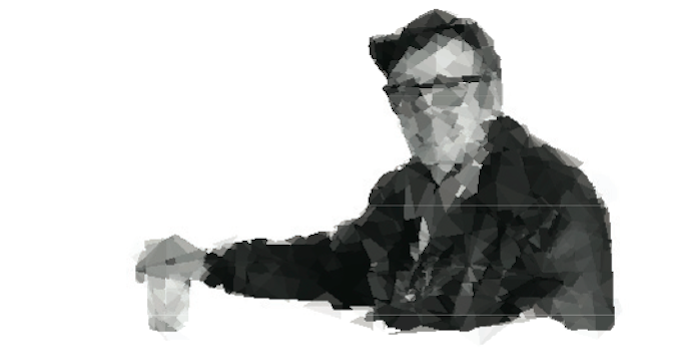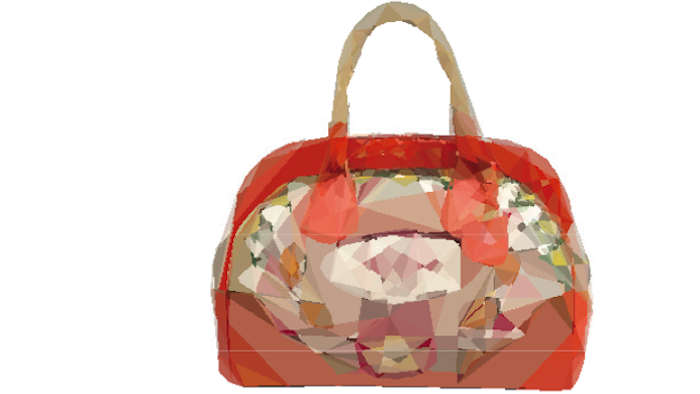The Dubai 50

The Dubai 50 is a guidebook with a difference. It's a satirical take on Dubai and the 50 things that make the city what it is.
When I asked Conor Purcell, the man behind the book, what inspired him to write this book, he said, "I have been living in Dubai for nearly 6 years now and have a read a lot about the city, but nothing that mentioned many of the things that are part of every day life. I also felt a lot of the books were very dry and that something with a bit of humour would be more fun. Dubai, after all, is a fun place to live - but I didn't see that reflected in what I was reading."
He's right, a lot of the books about Dubai are too dry and too formulaic. So it's quite refreshing to see a book like this. The intro inside the book says it all:
This is a book about Dubai, but there will be no pictures of sand dunes, sheikhs, ‘then and now’ aerial shots, camels (OK, one, and it’s an illustration, not a picture) or whimsical descriptions of a ‘timeless past’. If you were expecting any of those things, we apologise now, although we still urge you to buy this book (and tell your friends how much you enjoyed it). If you are new to Dubai, you might learn a thing or two; if you have been here a while, you will probably get a laugh (not a legally binding claim) out of some of the things we have featured.
The Dubai 50 should be taken with a pinch of salt/grain of sand/not seriously. We just want to mention that, in case anyone gets offended (and our legal team told us to). We actually like Dubai, we like living here, and we feel, at times, the city could benefit from not taking itself so seriously. It’s a lot of fun living in this city, and in the following pages, we will outline some of the reasons why.
Here's the list of 50 things featured in the book and below are I've included extracts from the book.

The Old Hand
Adjective: Someone who has been here a very long time

‘I remember,’ says the Old Hand, sat at the bar, his hooded, bloodshot eyes staring into space, ‘when all this was just desert. We’d have to make a weekend of it if we wanted to go to Jebel Ali. Sheikh Zayed Road? Two lanes in those days. Hit a wadi? Well, you’d have to get out and push! I remember when they were building the airport, we couldn’t believe it. An airport in Dubai?! And now look at it! Was such a tight-knit community back then. Everybody knew everybody. The Sheikh used to have us round for tea. Such a lovely man.
Of course, in those days, there were no doors, just palm fronds attached to some twine. If we were going on a long journey we’d take the Land Rover, for shorter journeys, the camel. No metro back then of course. Didn’t need one. Dubai was such a small place, you just needed to shout and whoever you were looking for would soon arrive, carrying dates and tea and petrol. Wonderful times. Of course, now it’s all different. Facebook?! We didn’t even have mobile phones back then. If we wanted to call back home, we’d have to take a dhow into international waters and wait for a navy frigate. We’d shout our message and the telephone number up to them and they’d call home for us. Wonderful bunch of lads. Another pint?’
Jumeirah Janes
Noun: A lady who lunches

A ‘Jumeirah Jane’ (JJ) is a lady who lunches. And shops. And sometimes picks her kids up from school (if the nanny is sick). She can be seen gliding around Jumeirah 1 in an oversized SUV, or a lipstick red sports car, depending on the JJ’s age. She also drinks a lot of coffee, carries a lot of make up and eats lunch at the Lime Tree Café. A JJ can be of any nationality, but most seem to be British – in fact, the whole phenomenon seems to be a colonial hangover. OK, so a three bedroom villa near Satwa does not make you an ambassador’s wife, but if you had more staff than a mid-sized technology company, you might wander around with your nose in the air too.
Of course, some JJs do work, often in doomed-to-fail vanity retail projects (usually something to do with fashion, art or flowers), bank-rolled by a long-suffering husband. At night, JJs leave the confines of Jumeirah and head to one of the many social events the city has to offer. Art gallery openings, perfume launches, events of any kind – if there is a photographer present, you can expect a horde of Botox-laden ladies replete with the latest designer handbags. Their husbands are often present too, their vacant, hollow eyes staring grimly into space.
The Springs
Noun: A large cluster of identical villas
The Springs is a sort of Dystopian suburban nightmare – a master-planned community of more than 10,000 people, all (this is a guess) living identikit lives in identikit villas. The drab, cream-coloured houses stretch endlessly around tarmac roads, punctuated by the odd SUV or errant tricycle. What goes on inside these villas? No one really knows for sure. There are rumours of deviancy, marital experiments and such like, but for the outsider, it is almost impossible to breach the bland walls that surround the compound, for the whole area is dotted with security gates, where uniformed men write down the number plates of visitors.
What happens to all these numbers? Some (us) claim these lists are pulped at the end of every month and shot by cannon into the sea somewhere near Jebel Ali. No one (us) really knows for sure. What we do know is that the security men are there to stop interlopers from sneaking in to live the ‘Dubai Dream’ for a few hours without clearance or a legal rental agreement. If you do manage to make it inside, you will see the architectural equivalent of a failing marriage; everything looks just fine from a distance, but take a good look, a really good look, and you will see peeling paint, dying flowers, and the odd scream and the whiff of burning BBQ meat passing slowly through The Springs’ air.
You can find The Dubai 50 in Jashanmal and Kinokuniya. It is also available online on facebook.com/thedubai50 and on Souq.com.

